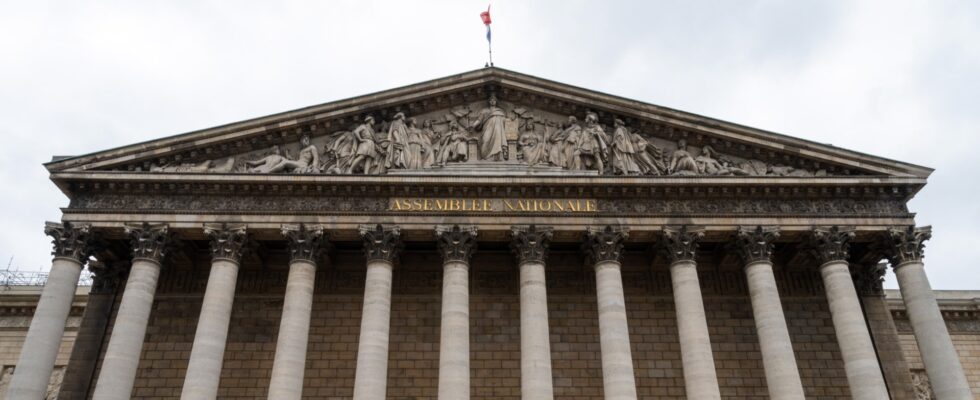Romain Rouillard
This Thursday, Prime Minister Élisabeth Borne announced the use of article 49.3 of the Constitution to have the pension reform adopted, without a vote. In the process, Marine Le Pen (RN) indicated that her group would file a motion of censure against the executive. An initiative that has very rarely succeeded.
The government has therefore finally decided. This Thursday, Elisabeth Borne triggered article 49.3 of the Constitution in order to adopt the pension reform. The executive therefore did not wish to risk a vote in the Assembly, for fear that the text would be rejected. An initiative which aroused the anger of the opposition and in particular of the rebels who booed Elisabeth Borne as she tried to speak in the hemicycle. On the other side of the political spectrum, Marine Le Pen, the leader of the RN deputies, announced that her group would soon table a motion of censure against the government.
A tool that could also be mobilized by other political formations, and in particular the Nupes. It allows, in the event of a favorable vote, to prevent the adoption of a text and to lead to the resignation of the government. And most likely a dissolution of the Assembly. Only, such a scenario almost never happened under the Fifth Republic. Of the sixty motions tabled, only one hit the mark, in 1962.
In 1992, a motion fails… By three votes
At the time, the deputies wanted to oppose General de Gaulle’s reform which introduced the election of the President of the Republic by direct universal suffrage. Until then, the Head of State was elected for seven years “by an electoral college comprising the members of Parliament, the general councils and the assemblies of the overseas territories, as well as the elected representatives of the municipal councils”, indicates article 6 of the Constitution of October 4, 1958.
On October 5, 1962, the motion of censure received 280 favorable votes (out of 480 deputies) and therefore led to the resignation of the government led by Georges Pompidou and the dissolution of the lower house decided by de Gaulle. However, the Gaullist troops won the ensuing legislative elections. 30 years later, in 1992, another motion is very close to being adopted against the Bérégovoy government, during the second seven-year term of François Mitterrand. It aimed to challenge the reform of the common agricultural policy and ended up failing by just three votes (286 out of the 289 needed).
